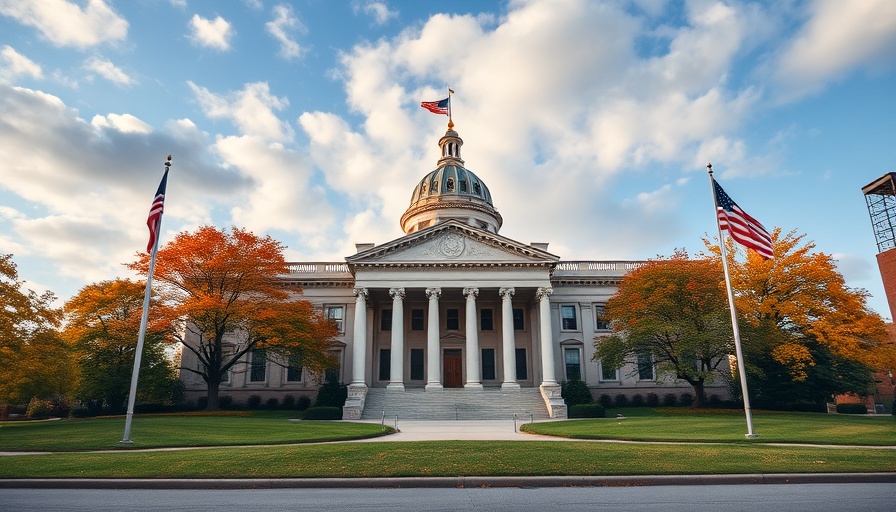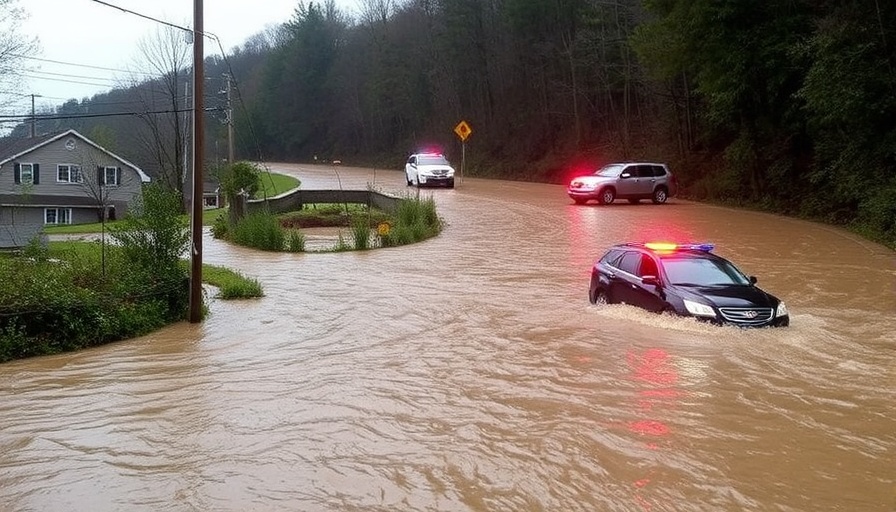
The Recent Ruling: Implications for Climate Investment
In a significant legal decision, U.S. District Judge Tonya S. Chutkan recently blocked the Trump-led Environmental Protection Agency (EPA) from clawing back $14 billion in grants awarded by the Biden administration. This funding, distributed among three climate organizations, is crucial for various initiatives aimed at promoting clean energy and tackling climate change. The grants are part of the larger Greenhouse Gas Reduction Fund, a program established under the 2022 Inflation Reduction Act, which aims to incentivize both public and private investment in eco-friendly technologies.
Why This Funding Matters
The funds allocated to organizations like Climate United Fund, Coalition for Green Capital, and Power Forward Communities are designed to go beyond just financial transactions. They are intended to foster sustainable projects, such as the installation of solar panels and heat pumps, especially in underserved communities. These initiatives are projected to contribute significantly to economic growth while addressing critical environmental concerns. For instance, Power Forward Communities stated that their work plan would create or preserve over 1.4 million affordable housing units by investing in community-based solutions.
The Role of the EPA
Before being halted by the court, EPA Administrator Lee Zeldin raised concerns about alleged fraud and mismanagement among grant recipients. However, Judge Chutkan pointed out that the agency's approach raised serious due process issues. The ruling emphasizes that the government must adhere to its own regulations when dealing with contract terminations, reminding us that even in the context of significant climate initiatives, proper procedures and transparency are paramount.
Looking Ahead: A Path for Sustainable Growth
Climate United's CEO, Beth Bafford, characterized the judge’s ruling as “a step in the right direction,” expressing hopes that a sustainable solution can soon be found. With these funds potentially still in unstable limbo, the focus shifts to how effectively the grant recipients can mobilize resources to meet the urgent challenges of climate change and energy sustainability. In a market where homebuyers and property investors are increasingly prioritizing eco-friendly solutions, the successful implementation of these projects will likely inform further investment trends in environmentally responsible real estate.
A Call for Action within Local Communities
As the legal boundaries surrounding these grants continue to unfold, it’s crucial for local communities, particularly homebuyers and investors, to stay informed. Understanding how public policies impact funding for sustainable projects could enhance future investment decisions. By supporting initiatives that prioritize sustainability, potential buyers can align their aspirations with wider environmental goals—creating not just a dream home, but a greener future for all.
 Add Row
Add Row  Add
Add 





 Add Row
Add Row  Add
Add 








Write A Comment